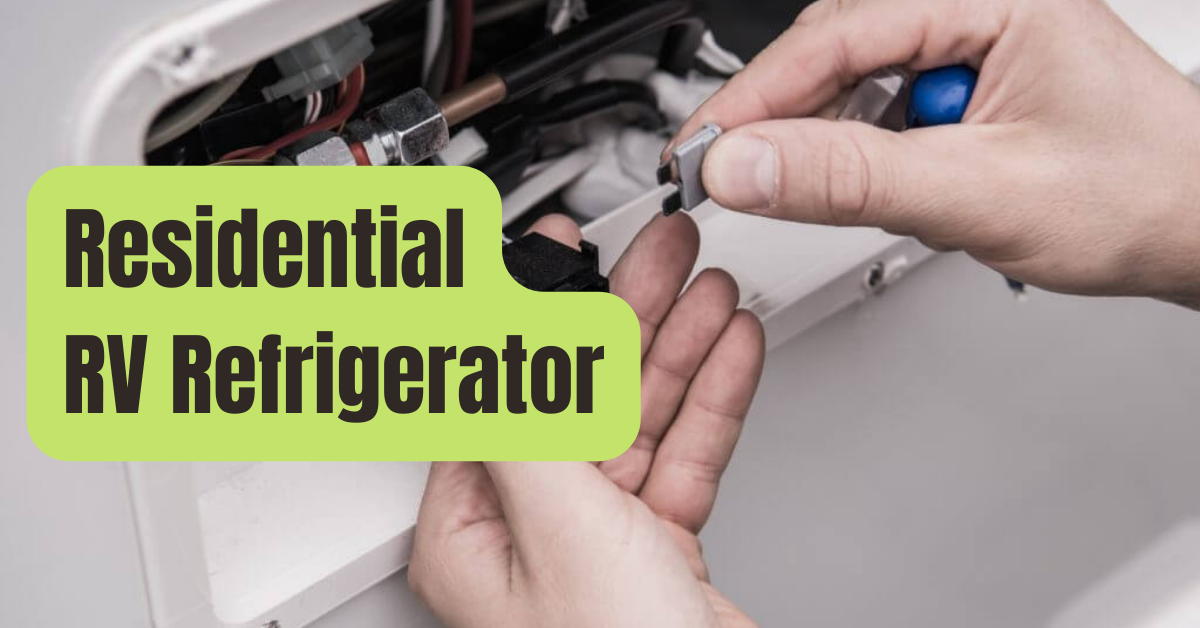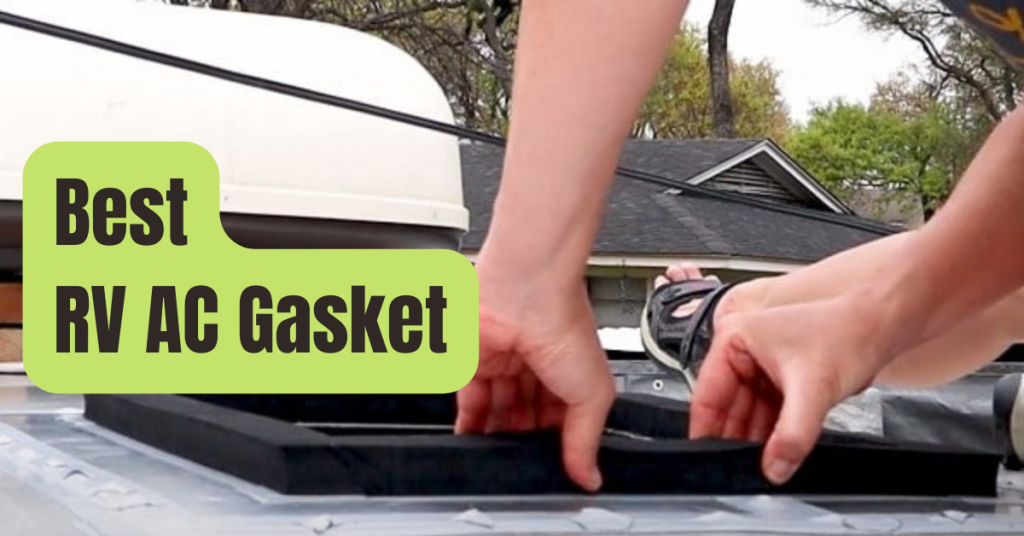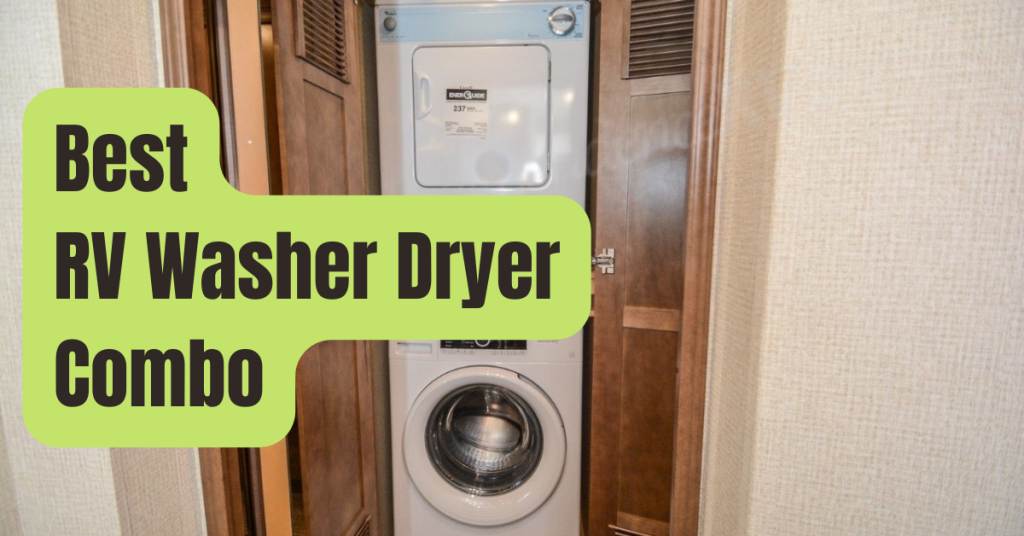For all RVers, maintaining perishable items at acceptable temperatures is crucial.
Due of this, most RVs are equipped with a fully-functional refrigerator, whether it be a 12-volt refrigerator, a 2- or 3-way (propane, 120-volt AC, or 12-volt DC) unit, or an RV residential refrigerator.
Foods, drinks, and even prescription drugs are safe in a functioning refrigerator.
It offers that added convenience that elevates “camping” a level.
In contrast to older camping coolers, an RV refrigerator eliminates the necessity for ongoing ice refilling and the possibility of rotten, soggy food.
However, some RV refrigerators have issues and difficulties.
They may be fickle and often need the RV to be very nearly level in order to work effectively.
They often don’t retain their temperature very well and frequently have extremely tiny capacity, both of which might result in several additional journeys to the store to restock perishable items (or foods that perished).
These are a few of the factors contributing to the increasing availability of residential refrigerators in RVs.
What Exactly Is An RV Refrigerator?
Because it IS a domestic refrigerator, an RV’s refrigerator functions in the same manner as one in a sticks-and-bricks house.
Your RV just had it installed.
A domestic refrigerator runs on AC power and employs a compressor to keep its contents cool.
Therefore, a home refrigerator for an RV operates similarly.
A residential fridge in an RV utilizes AC electricity constantly, as opposed to other kinds of RV refrigerators that use propane either full-time or part-time.
Therefore, residential refrigerators for RVs need a steady power source.
That power may come from a battery bank, a generator, or a power pedestal (found at a campsite, RV park, or residence) (using an inverter).
A substantial battery bank and a substantial solar array are needed to operate an RV home fridge while boondocking and recharging your electricity using solar energy.

You will need a large solar array, battery bank, and generator in order to operate an RV residential refrigerator off-grid.
Compared To 2-Way And 3-Way RV Refrigerators, RV Residential Refrigerators
Let’s compare an RV residential refrigerator to 2-way and 3-way RV refrigerators now that we are familiar with what they are.
RV refrigerators with two doors may run on either AC electricity or LP gas, depending on what is available and what the user prefers.
A three-way RV refrigerator may be powered by AC electricity, LP gas, or DC electricity generated by the house batteries.
7 Advantages Of RV Refrigerators For Homes
It’s simple to believe that 2-way and 3-way refrigerators are the only alternatives available for RV refrigeration since they have been used in RVs for so long.
But as technology develops, more solutions become accessible that can be more advantageous in certain circumstances.
Therefore, whereas a tiny camping refrigerator could be perfect for a weekend camping vacation, full-timers like us might be better off with a bigger, more effective refrigerator.
Let’s examine the advantages of switching to an RV residential refrigerator.
#1. More Space For Refreshments And Food
Standard 2-way and 3-way RV refrigerators are often smaller than standard refrigerators in homes.
Due to the way they work, they also have a substantial amount of mass behind them.
There is less room for food since the functioning components take up so much of their cubic footage.
More excursions to the supermarket result from less storage capacity in the refrigerator.
You have more useable space since home refrigerators don’t need those same heavy components.
Of course, a standard home refrigerator is bigger than an RV fridge.

We are able to boondock in our favorite rural areas without having to go to restock our food supply thanks to our enormous, fully stocked fridge and freezer.
For us, having a fully filled refrigerator and freezer means we won’t need to leave our fantastic, far-flung boondocking location for food for a while.
#2. Cold Temperatures That Persist
Refrigerators used in older RVs may be fickle.
Despite utilizing the same settings on the fridge, you notice that your fruit is frozen the following day even if your food was maintained at the proper temperature the day before due to a change in ambient temperatures or another circumstance.
Residential refrigerators for RVs are better equipped to control temperatures, saving us from having to constantly alter the temperature dependent on the surrounding environment.
Speaking of temperature, standard RV refrigerators are infamous for allowing ice cream to soften, but a domestic refrigerator’s freezer maintains an appropriate level of coldness at all times.
#3. More Affordable to Buy
Residential refrigerators feature simpler parts than conventional RV refrigerators.
Residential fridges are more affordable due to this and the fact that they are more widely accessible.
#4. Cools Down Quicker When Travel Mode Is On
A domestic refrigerator in an RV cools fast as cold air moves inside and the compressor turns on.
For a basic RV refrigerator to be suitably and consistently cold, it may be necessary to operate the appliance for at least 24 hours prior to usage.
#5. AC Power Efficiency Is Greater
A big conventional RV refrigerator requires 6 amps to operate on 120V AC, which is much less than the 1 amp/hour that a home refrigerator with a bottom freezer consumes.
The efficiency of the domestic fridge will lessen the load on your generator if you’re using it to power your RV.
A home fridge will also be more cost-effective if you pay for your energy use at a power pedestal, which is typical for monthly visits.
A warning, however…
Your inverter will be operating for the most of the time when utilizing your battery bank to power an RV residential refrigerator, and an inverter uses extra battery power.
The bigger battery bank and solar array that were stated before are used in this situation.
#6. More Durable Than a Conventional RV Fridge
Traditional RV refrigerators typically last between 10 and 15 years, best case scenario.
Based on use and how well the item is maintained, the lifetime varies greatly.
Residential refrigerators typically last 18 to 20 years or longer with reliability.
Residential refrigerator repairs are also less expensive and easier to get components for.
But there is also a warning in this.
Travel was not considered in the design of residential freezers.
Because of this, they could live less time than you would anticipate if you utilize one in a stick-and-brick home.
There isn’t enough information on their lifetime when used in RVs since they haven’t been utilized in RVs until lately.

#7. Requires Less Upkeep
Residential refrigerators for RVs essentially need no maintenance other than routine cleaning.
It ought to work correctly as long as there is electricity flowing to it.
To maintain adequate chilling, a conventional RV refrigerator has to be defrosted often.
They must also have enough ventilation to stay cold, therefore certain models need the usage of a tiny fan within the refrigerator section.
Safety is another possible problem with certain RV refrigerators.
There may be a fire risk since they utilize a propane burner to remain cool (sounds paradoxical, doesn’t it?!).
Those RV refrigerators may not have this issue, but there are some that do.
You may find several of the RV fires on YouTube by searching for that term.
Do Residential Fridges for RVs Have Any Drawbacks?
RV residential refrigerators have many advantages, but they also have some drawbacks.
The fact that you can’t use propane to power it is maybe the biggest drawback.
Because of this, boondocking is a little trickier but still feasible.
With a home refrigerator, boondocking calls for a little more planning.
Depending on your present off-grid capacity, you may need to improve your solar system and your battery bank to make room for an off-grid residential-style RV fridge.
The home refrigerator will rapidly deplete your battery bank, so you’ll need to be ready to operate your generator more often.
Another drawback of switching to a residential fridge is that you may not be able to fit it through the entryway of your RV.
In order to fit a huge freezer inside their RV, several RV owners had to temporarily remove a slide.
In order to put a new refrigerator in our RV, we had to remove a windshield.

In order to remove an old refrigerator from our RV, it had to be chopped in two.

Another factor to take into account is the lack of normal concern for substantial movement in the construction of domestic refrigerators.
An RV undergoes significant vibration when moving, which may sometimes result in breakdowns.
There are advantages and disadvantages in any circumstance, but for us, having a domestic fridge outweighs the advantages.
Nevertheless, being aware of the drawbacks in advance may benefit in your decision-making and help you be ready for any potential problems.
Is It Worthwhile To Switch To An RV Residential Refrigerator?
The way each RVer travels is unique.
Some travelers may benefit most from a domestic refrigerator, whilst others may benefit most from a conventional RV refrigerator.
Your decision will depend on your travel habits and the way your RV is powered.
The best option for you may not be an RV residential refrigerator if you routinely boondock, as we do, and your RV lacks a generator or huge solar and battery banks.
Without the ability to relatively easily power a home fridge, the conventional RV fridge becomes the preferable option.
Consider switching to a residential refrigerator if you have regular access to shore power or a large enough solar array and battery bank, especially if you discover that you need additional room for storing cold and frozen food or more dependable performance.
In the end, all of us just want our food to stay at a safe temperature with the least amount of effort.










